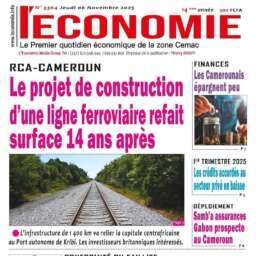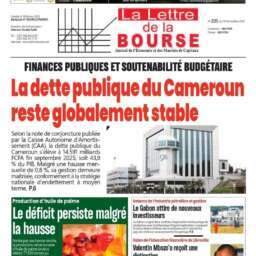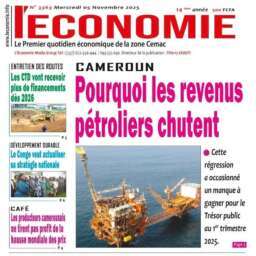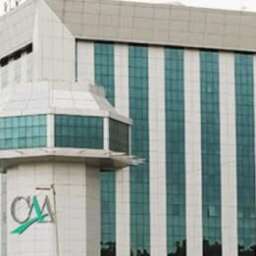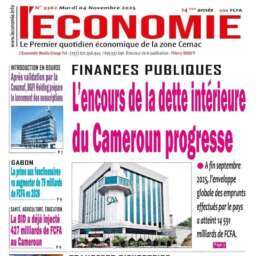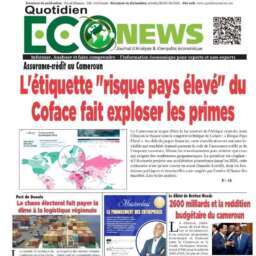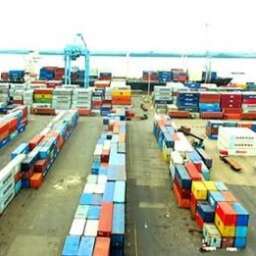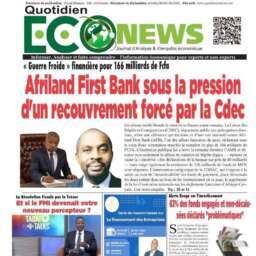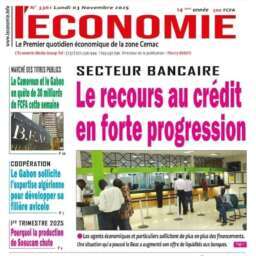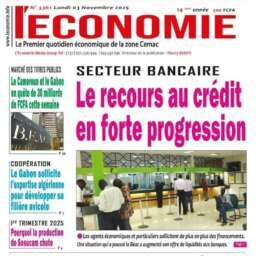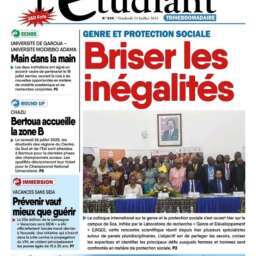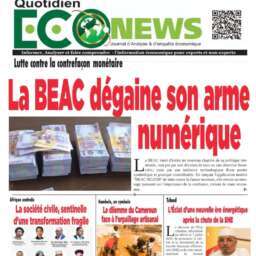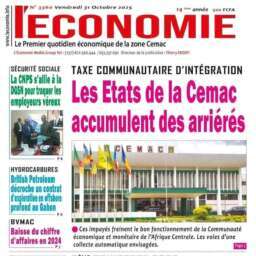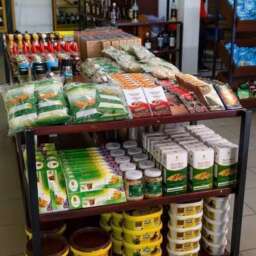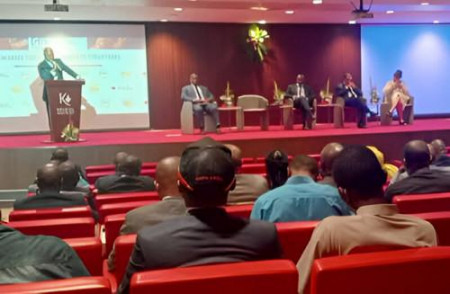(Business in Cameroon) – Cameroon needs massive funding to meet the targets set in its National Development Strategy (SND30) by 2030. However, limited domestic resources and restricted access to traditional financial markets have made this a challenge. To bridge the gap, the country is turning to alternative financing options, particularly structured finance. This approach was the focus of a seminar held in Douala from February 26 to 28, 2025, organized by GM Finance under the patronage of the Ministry of Finance.
The three-day seminar aimed to equip financial professionals from government agencies, state-owned enterprises, private companies, multinational corporations, and banks with a better understanding of structured finance. According to Hubert Otele Essomba, financial expert and associate director at GM Finance, structured finance involves complex financial instruments that combine loans, equity, bonds, and derivatives to create customized financial solutions. Some of these instruments include public-private partnerships (PPPs), hedge funds, sovereign wealth funds, securitization, and credit ratings.
The Ministry of Finance and financial experts agree that Cameroon must explore these alternative funding sources to meet its liquidity needs. This comes at a time when the country’s debt level remains well below the regional threshold of 70%. For 2025, a critical year for Cameroon’s development plans, the government aims to raise CFA1.795 trillion in debt, with 70.8% coming from project loans and 29.2% from budget support.
Between 2025 and 2027, Cameroon will need to borrow CFA5.407 trillion. To secure these funds, the country must move beyond traditional financing methods and embrace innovative mechanisms that minimize risk while maximizing returns. Essomba points out that Cameroon could tap into instruments such as sovereign wealth funds, pension funds, and bonds, which offer greater flexibility. He adds, “There is plenty of funding available on the international market. However, Cameroon must develop strong financial engineering and create an attractive environment to draw in these funds.”
One promising avenue is securitization. According to Catherine Gerst, a financial strategy expert and former managing director of Moody’s France, securitization is one of the most effective ways to finance development projects. She explains, “What makes securitization unique is that it allows institutions to leverage the assets on their balance sheets—credit portfolios for banks or receivables for companies—by selling them to a special-purpose entity that raises funds from the market. This transforms illiquid assets, such as receivables, into tradable securities.”
In short, structured finance and innovative mechanisms like securitization could help Cameroon mobilize the resources needed to achieve its ambitious SND30 goals. However, this will require strong financial expertise, transparent governance, and a business-friendly environment to attract international investors.


